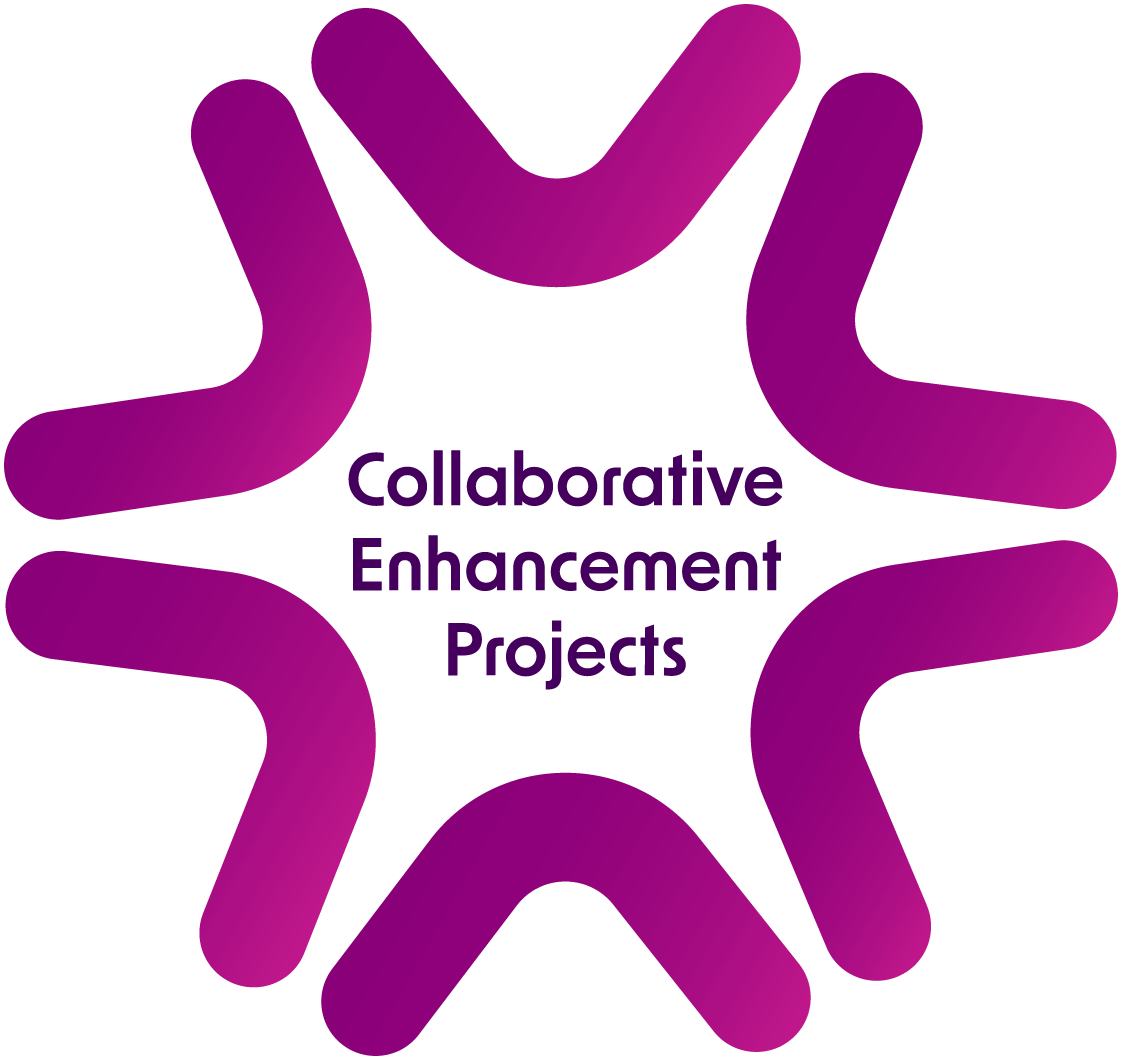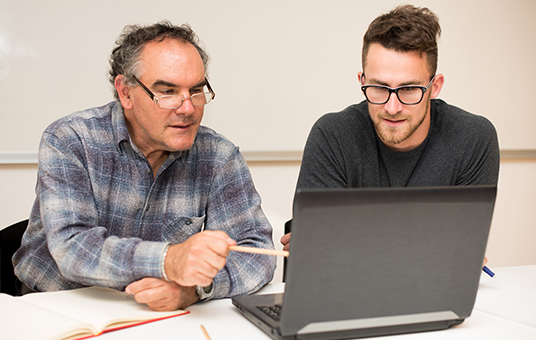
This Collaborative Enhancement Project develops collaborative assessment design experiences for students and educators using GenAI and an evidence-informed decision-making flowchart. It attempts to use generative AI to streamline tasks through effective prompting and to proved timely data visualizations. It explores how this tool can rebalance educator–student power dynamics, allowing for genuine partnership in assessment design.
About this project
This project aims to create collaborative assessment design experiences for students and educators.
It leverages the power of GenAI and an evidence-informed decision-making (DM) flowchart. Our project rests on two design conjectures about generative AI. First, some tasks in the assessment design process can be partially delegated to generative AI through effective, timely prompting, which speeds up the process. Second, generative AI can provide timely information and data visualizations.
This tool can disrupt the traditional power dynamic between educators and students in the space of assessment design and foster meaningful partnership.

The project aims to:
Help to advance the understanding of industry expectations regarding hybrid work or collaborative intelligence (human and machines working collaboratively) globally
Offer guidance and recommendations to higher education stakeholders for enabling and supporting the effective development of skills and attributes required in this new era as what might be seen as disruptive technologies are introduced into assessments, teaching and learning support.
Develop a new framework which can be incorporated into existing curriculum design, accommodating the emerging graduate attributes at diverse institutional and country contexts.
The 2024 National Student Survey (NSS) results show stagnant student satisfaction with assessment and feedback, highlighting the need for improvement. The compressed academic cycle often results in rushed assessment design that lacks evidence-informed practices. In the context of generative AI (GenAI) in HE, assessment reform must become more adaptive and authentic. GenAI with blueprint prompts2 developed by assessment experts and tested by staff-student collaborators can reduce staff workload and improve the quality of assessment by automating visualisation of the assessment process, prompting efficient assessment (re)design step-by-step, facilitating collaboration with students and quickly preparing materials for different assessment stakeholders. It aligns with Russell Group principles to enhance GenAI literacy for staff and students in assessment contexts.
This project aims to create collaborative assessment (re)design experience, leveraging GenAI and an evidence-informed assessment decision-making (DM) flowchart. The two main deliverables produced from the project - an assessment design DM flowchart which incorporates recommended assessment attributes, and prompt templates for GenAI and human collaboration - support rapid, scalable transformation of assessment practices.
This project compliments a significant gap highlighted in several previous QAA Collaborative Enhancement Projects (CEPs) on inclusive assessment and optionality in assessment -namely, ensuring assessment designs are technologically adaptive, compliant with new anticipatory duty guidance, and evidence-informed.
To achieve this, we will run assessment (re)design workshops with staff-student collaborators. They use a DM flowchart to navigate each decision point. At each step, they will employ prompts from a template tailored to the assessment types to interact with an institution-approved GenAI tool. The prompts and GenAI outputs will guide design choices aligned with best practices in AI literacy, inclusivity, and student-centred learning.
A key feature of the flowchart is its focus on “evidence-informed decision making". Educators are prompted to justify each decision with specific course evidence, ensuring contextual relevance. Tailored prompts guide them through assessment elements - such as task condition, timing, marking and feedback - while utilising course data, theoretical and empirical evidence.
We all know students use AI, but can faculty use AI to beat the students' use of AI? In this first episode, Dr Yang Yang from LSE Eden Centre explores this question with Dr Saipriya Kamath from LSE's Accounting Department—the first educator brave enough to test CARA, our Collaborative Assessment Redesign AI assistant.
CARA is trained on assessment design literature, institutional policy and student data. It supports educators in creating better assessments through structured dialogues mediated by CARA. It's designed to make those implicit design assumptions explicit, challenge your assessment design choices and bring in student perspectives you might not have considered.
Lead institution
- Dr Yang Yang, The London School of Economics and Political Science (LSE)
- Aurèlia Puidomènech, The London School of Economics and Political Science (LSE)
- Professor Simon Walker, The London School of Economics and Political Science (LSE)
- Steven Williams, The London School of Economics and Political Science (LSE)
Partner institutions
- Dr Alexander K. Kofinas, University of Bedfordshire
- Dr Ada Lee, University of Greenwich
- Jimmy Lo, University of Greenwich
- David Pike, University of Bedfordshire
- Dr Crystal Tsay, University of Greenwich
